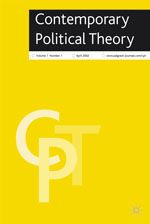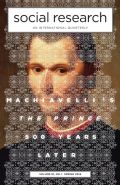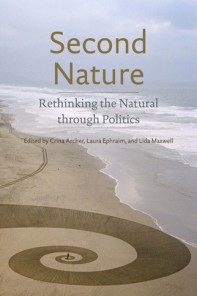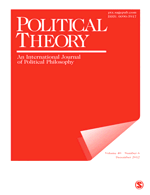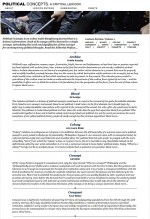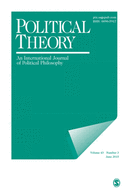 June 1, 2015: Shipwrecked Sovereignty! Joshua Chambers-Letson and I have a co-authored article in the current issue of Political Theory. The piece is about a legal and political controversy concerning a Napoleonic shipwreck that was recently salvaged off the Iberian peninsula by a private corporation. On board of the Spanish warship was the most valuable treasure ever recovered from a shipwreck—a loot of gold and silver mined and minted in the colonial Viceroyalty of Peru, valued at approximately half a billion US Dollars. The legal controversy that ensued pitted the corporate salvors against Spain and Peru, each side drawing on different logics to make their case. Our essay—“Shipwrecked Sovereignty: Neoliberalism and a Disputed Sunken Treasure”— discusses the political and theoretical dimensions of the dispute.
June 1, 2015: Shipwrecked Sovereignty! Joshua Chambers-Letson and I have a co-authored article in the current issue of Political Theory. The piece is about a legal and political controversy concerning a Napoleonic shipwreck that was recently salvaged off the Iberian peninsula by a private corporation. On board of the Spanish warship was the most valuable treasure ever recovered from a shipwreck—a loot of gold and silver mined and minted in the colonial Viceroyalty of Peru, valued at approximately half a billion US Dollars. The legal controversy that ensued pitted the corporate salvors against Spain and Peru, each side drawing on different logics to make their case. Our essay—“Shipwrecked Sovereignty: Neoliberalism and a Disputed Sunken Treasure”— discusses the political and theoretical dimensions of the dispute.
